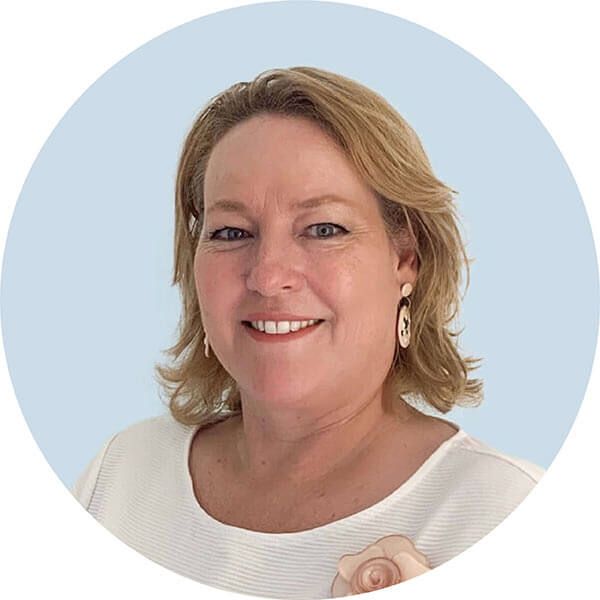When someone you love can no longer live in their home due to needing assisted living care, for family this is a highly emotional time. Often families are responding to a health emergency from a fall or trip to hospital, or catching up with a parent, that does not live nearby, after months and need to make a plan while they are visiting. Add to that they may have quick decisions to make due to our health system putting tight time frames to leave hospital and timeframes with aged care providers for payment and contracts needed to be in place. I have dealt with families that made quick decisions with the best of intention, only to be filled with regret with hindsight on options available to structure the financials to suit the overall goals of the family and maximise government funding for their residential care.
Meet Tammy whose mum needed to go into care after a fall and broken hip. The decision of where to live was already clear because Tammy worked in aged care; Tammy also knew financial advice was important at this time, she had seen it herself with clients and could see a clear benefit to those who took the opportunity before signing agreements. Tammy wanted to make sure mum was comfortable and to ensure this was personally prepared to contribute $140,000 to mum's retirement savings to come up with the room deposit. Tammy knows this is refunded so wasn't concerned. What Tammy didn't realise was that with her rouge brother out there that had borrowed from mum time and again over the years could potentially receive a boosted inheritance from Tammy's contribution when mum eventually passes and those funds are "returned".
We demonstrated the financials on keeping the home, renting the home or selling the home and how to best structure paying the aged care fees with mum's assets and how long this would fund her aged care before family would need to contribute. The best option was clear and gave Tammy the confidence to make decisions that could not be questioned later by other family members. We kept Tammy's assets protected from her brother. We found mum had franking credits outstanding as she had not lodged and tax returns and worked with her accountant to submit the claim to have this paid. Further we established an income product that ensured a level of income to mum and lowered her fees that are means tested by the Government and maximised her aged pension entitlement. The overall benefit to Tammy's family was we positioned mum to have lower aged care fees, we kept Tammy's money out of her mums' affairs and the advice provided a monetary benefit over $15,000 and that the family did not need to assist with funds until mum had been living in aged care for over 6 years. However, I would argue the biggest value was the confidence Tammy felt in making decisions based on the advice at a time when she was emotionally exhausted. Knowledge is power!








